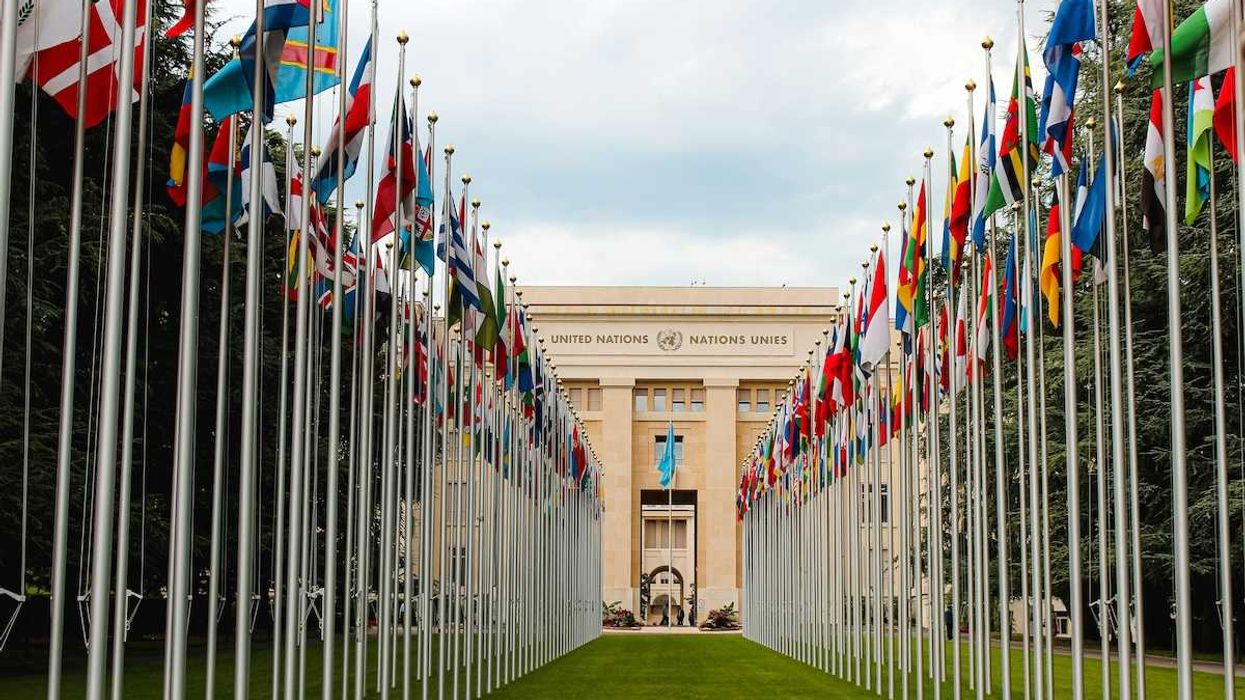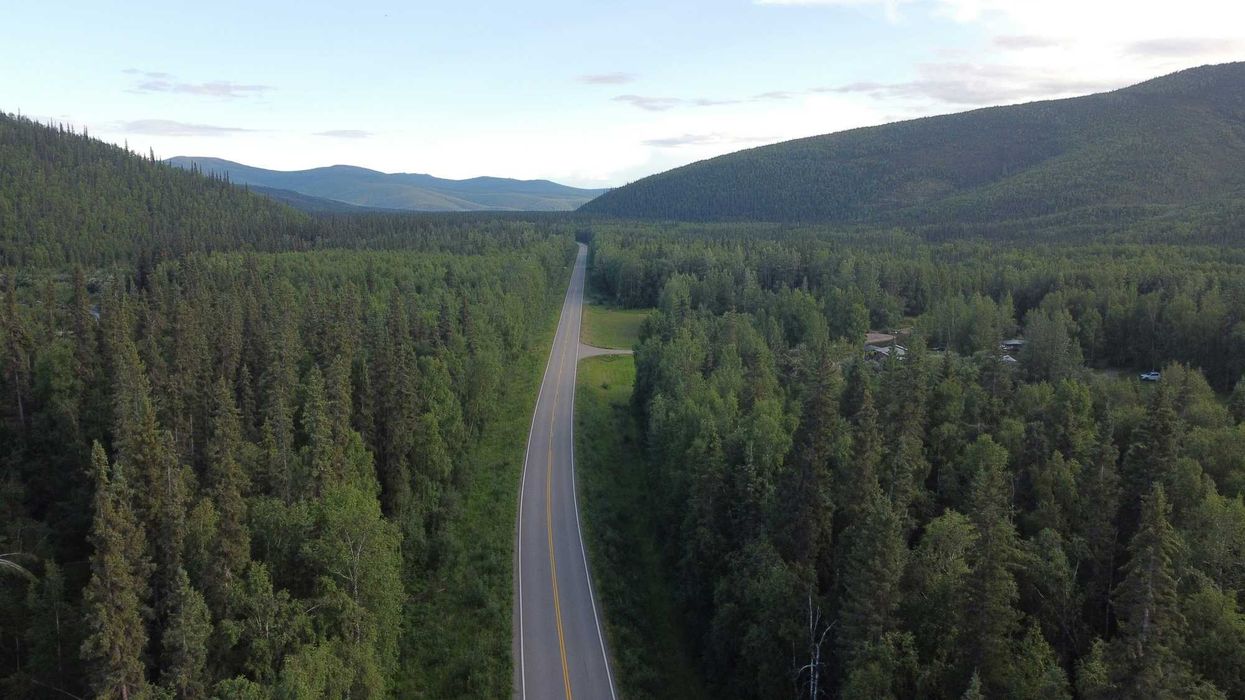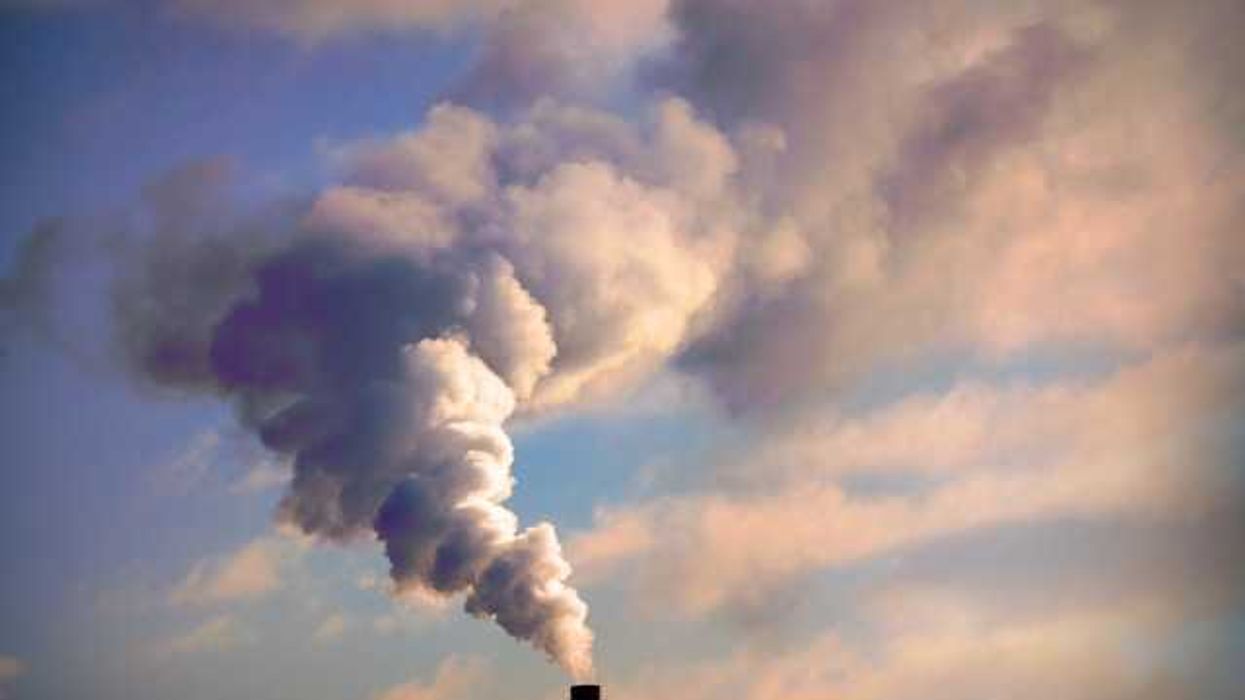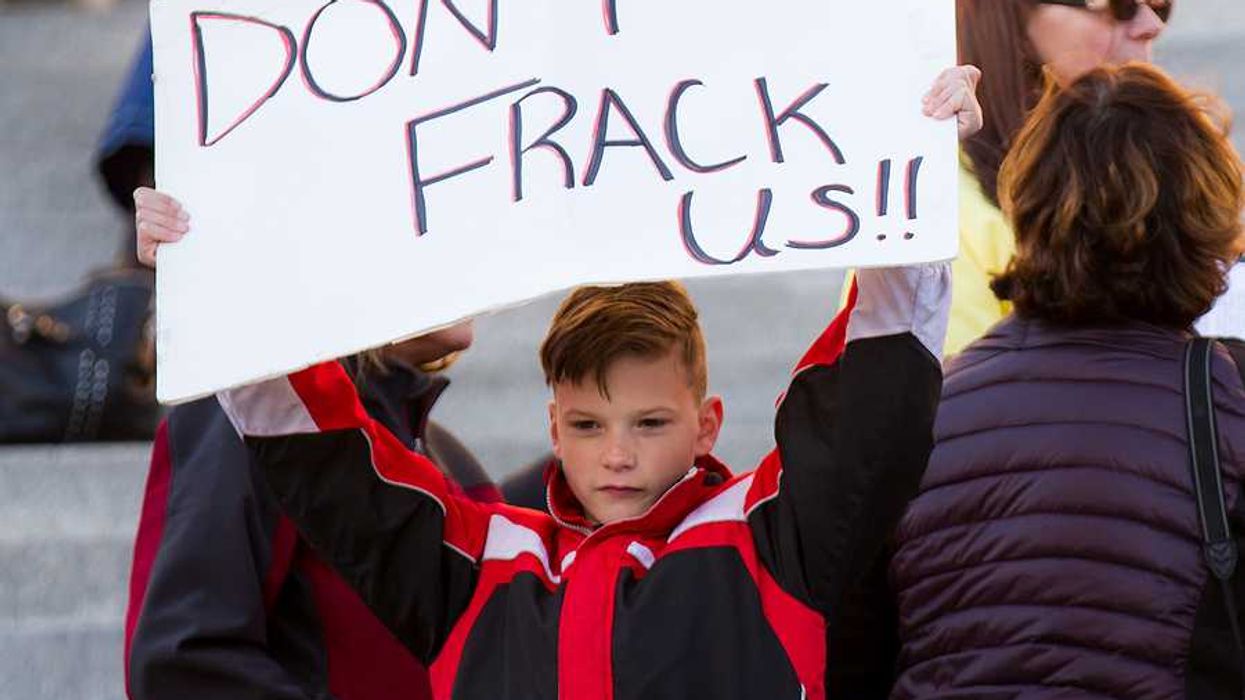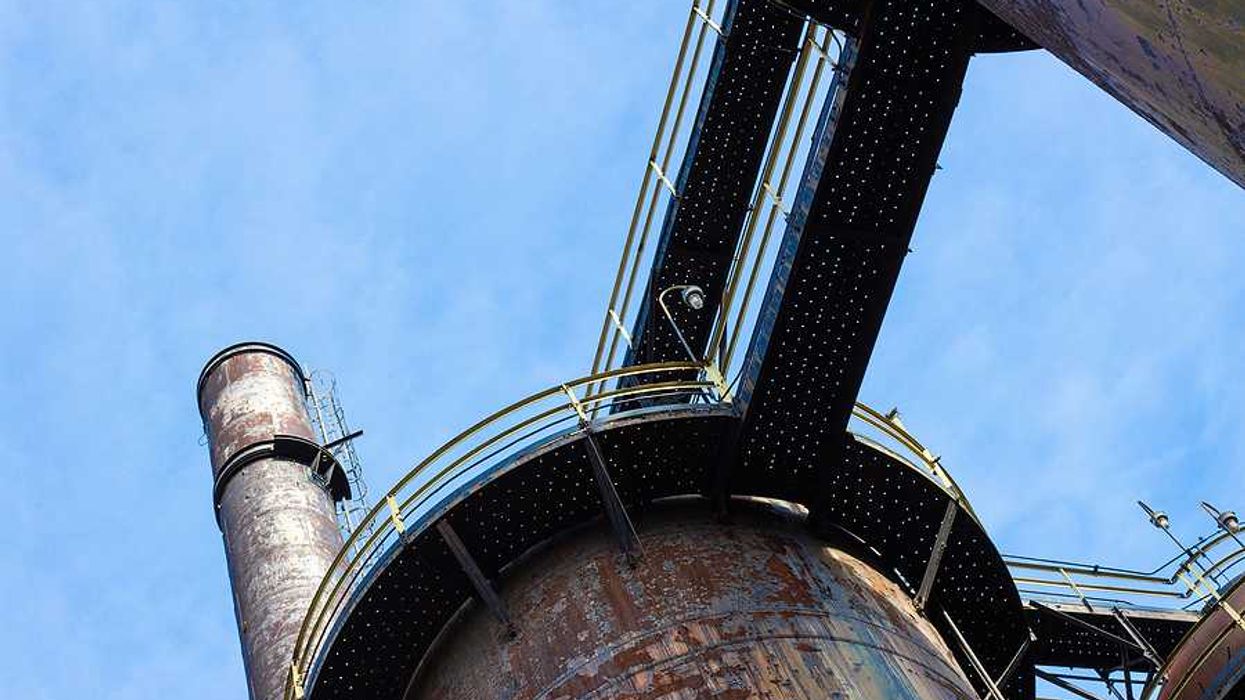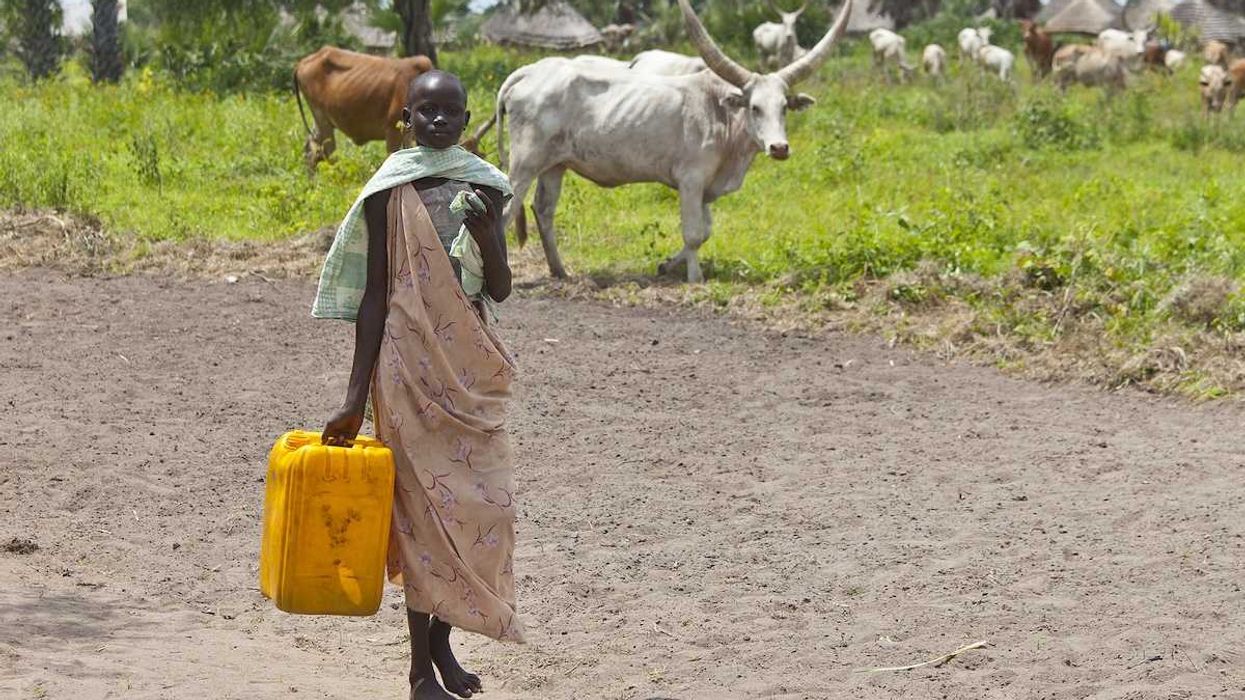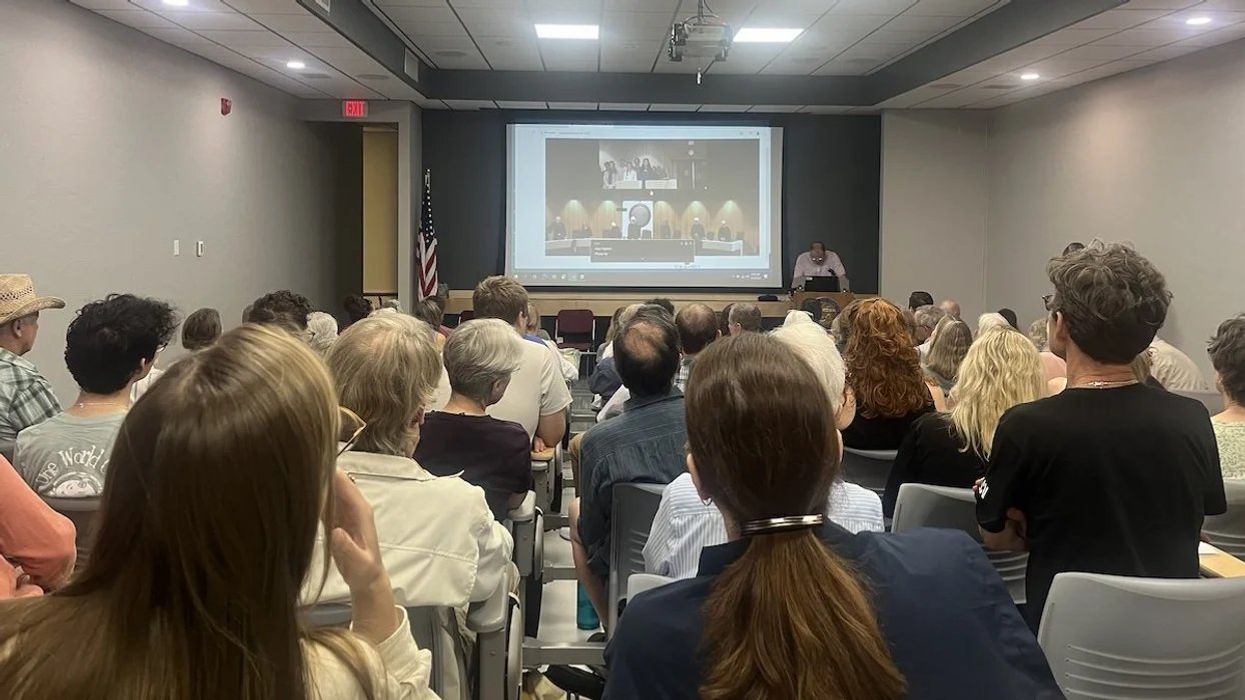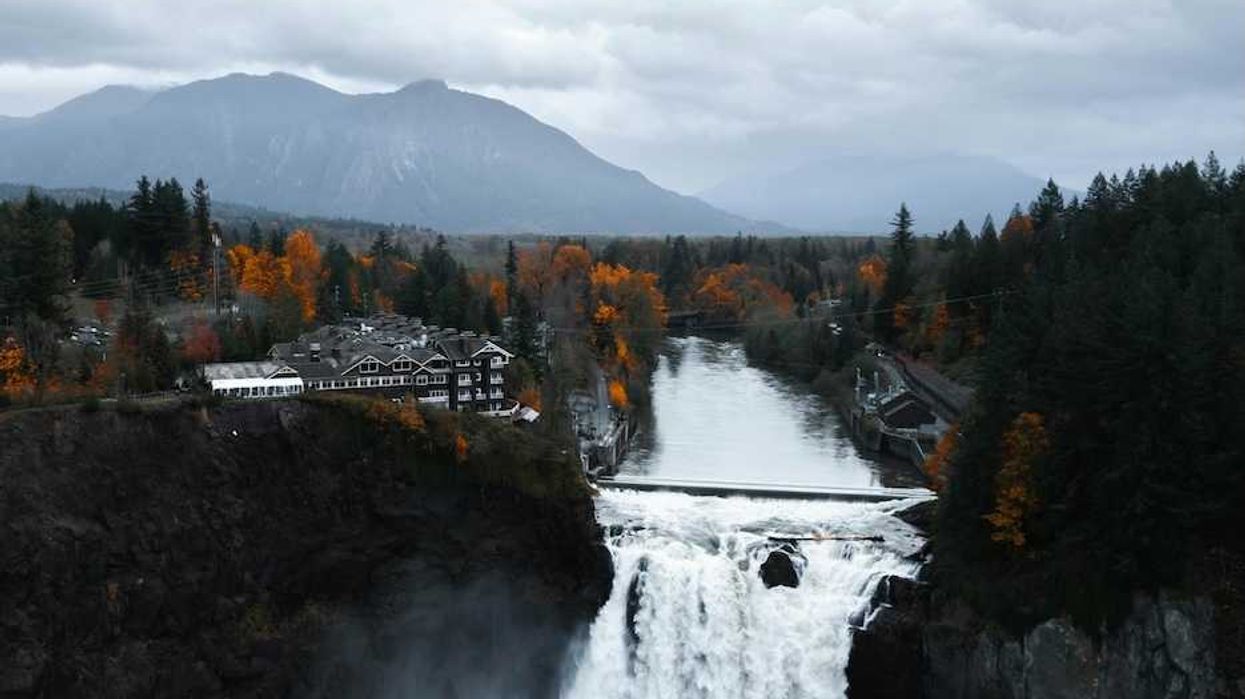Global temperatures have surged in the past two years, and researchers now say a drop in cloud cover may be fueling the rise — and possibly triggering a feedback loop that accelerates warming.
Shannon Osaka reports for The Washington Post.
In short:
- Two recent studies suggest fewer low-altitude clouds have reduced Earth’s reflectivity, contributing to rising temperatures.
- Scientists estimate this cloud loss added 0.2 degrees Celsius to 2023’s record heat, possibly explaining a previously unexplained portion of warming.
- The cause of cloud decline remains uncertain, but possible factors include reduced air pollution and atmospheric changes linked to warming.
Key quote:
“We are kind of in crunch time. We have a really strong climate signal — and from year to year it’s getting stronger.”
— Helge Goessling, climate physicist at the Alfred Wegener Institute
Why this matters:
Clouds are among the most complex and least understood pieces of the climate puzzle. Acting as both a sunshade and a blanket, they reflect some of the sun’s energy back into space while also trapping heat that radiates from the Earth's surface. The interaction of these processes has long been a key question for climate scientists, but new research suggests a troubling possibility: If cloud cover declines significantly, the planet could heat up much faster than expected.
Related: Scientists warn that 2023's extreme ocean heat may signal a major climate shift


